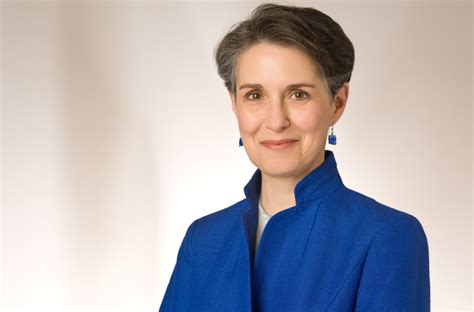A Quote by Josh Linkner
Innovation is a subset of creativity. Innovation often deals with product launches and is often relegated to the C-suite or to heads of R&D departments. Innovation requires creativity, but creativity is something that is much more broad. It applies to people at all levels of an organization. Today, we all are responsible for delivering "everyday creativity". Small creative acts that add up to big things.
Related Quotes
Creativity and innovation are something you can’t flowchart out. Some things you can, and we do, and we’re very disciplined in those areas. But creativity isn’t one of those. A lot of companies have innovation departments, and this is always a sign that something is wrong when you have a VP of innovation or something. You know, put a for-sale sign on the door.
Someone once said that innovation is a done idea. I agree. I believe that creativity is the individual development and conceptualization and that innovation in an organizational sense is implementing ideas and intentions that come from that creativity. So in a sense, creativity is more a leadership function and innovation is more a managerial function.
It's the unlikely juxtaposition of creativity and logic which causes the wooliness and confusion around the term 'innovation'. Everybody wants to be innovative; many companies and ideas are proclaimed to be innovative and no one doubts that innovation is a money spinner. And, thus, we are all looking for the magic formula. Well, here you go: Creativity + Iterative Development = Innovation.
In the business world, there are systems and processes for just about everything else. Yet creativity and innovation, arguably THE most important aspects of progress, are often left to happen by chance. The system provides a scaffolding for creative support and exploration, yet is open enough to avoid curbing creativity or outputting cookie-cutter solutions.
People equate job titles to levels of creativity. We think that musicians are creative while accountants are not. Job title has nothing to do with human creativity. In fact, we all have enormous creative potential. Even those that often state with authority that "I'm not creative." With a systematic approach to building creative capacity, we all have the opportunity to create and leave a mark on the world.
To most observers, innovation is a solitary process that requires creativity and genius, perhaps even greatness. It can't, in their view, be managed or predicted, just hoped for and, perhaps, facilitated. But for me innovation was and still is more than that. It was a battle in the marketplace between innovators or attackers trying to make money by changing the order of things, and defenders protecting their cash flow.
Creativity is the generation and initial development of new, useful ideas. Innovation is the successful implementation of those ideas in an organization. Thus, no innovation is possible without the creative processes that mark the front end of the process: identifying important problems and opportunities, gathering relevant information, generating new ideas, and exploring the validity of those ideas.
I don't know where creativity comes from, but I think everybody has the ability to be creative. I think what's important about creativity starts when you're very young and how we're allowed to experience our imagination. The people who bring us up and teach us are fundamental in either encouraging creativity or discourging creativity. My imagination was always encouraged.

































